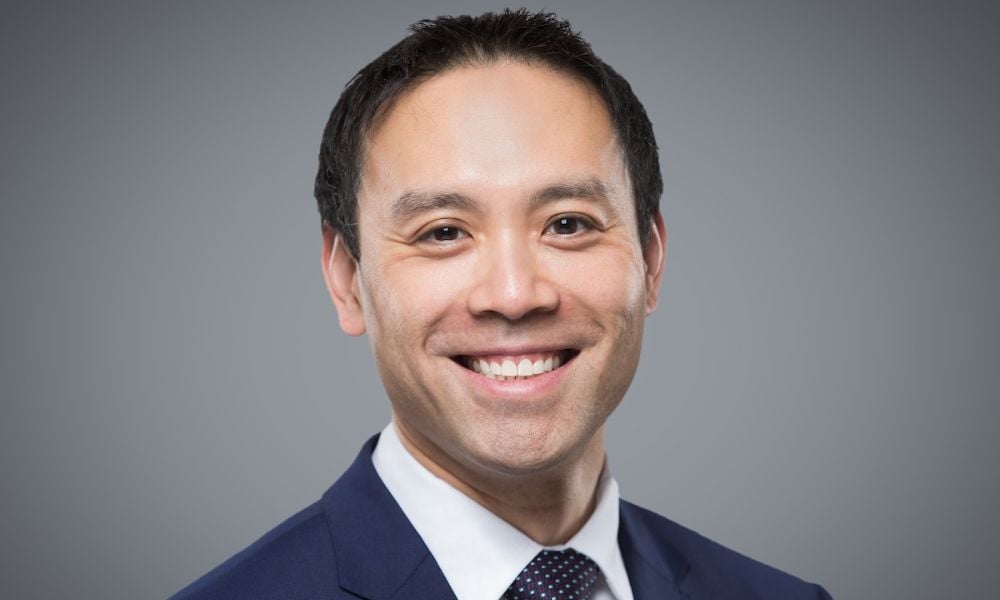New report underscores how pandemic hurt morale and mental health

Overtime hours amongst Canadian healthcare workers in 2021 were at their highest in over decade, according to the Canadian Institute for Health Information (CIHI), attributing the change to the pressure of the pandemic. According to the CIHI, more than 236,000 (21%) of employees in the health sector worked overtime in 2021. They spent 8.2 hours a week of paid overtime and another 5.8 hours per week of unpaid overtime.
Healthcare workers who had the highest number of employees going beyond work hours include paramedics (45%), salaried general practitioners/family physicians (34%), and respiratory therapists (31%).
"Access to primary care is in such a desperate state that patients are having to go to emergency departments, which puts even more pressure on staff that are already stretched too thin," said Douglas Sinclair, vice-president, medicine, quality and safety at the IWK Health Centre. "Emergency medicine is very much a team sport; front-line nurses, emergency physicians, and clerical staff are all in moral distress trying to manage the massive wait times patients face in emergency."
The report attributed the situation to the pandemic's impact on the healthcare system. Members of the sector have been calling for better pay and better working conditions to improve employee wellbeing. In response, various Canadian provinces have rolled out measures to address the ongoing issues. The government of Newfoundland and Labrador announced retention bonuses, signing bonuses, and more to attract and retain nurses there.
In the Northwest Territories, the government introduced an incentivized referral program, after several facilities there had to limit operations because of a thinning workforce. In Nunavut, the government also rolled announced a "Bring a Friend or Family Member" incentive for nurses who will work there for the holiday season.
"Health care is a complex issue. There is no fast fix, but there is work being done with the provinces and territories to look at the entire health workforce," said Dr. Leigh Chapman, Chief Nursing Officer of Canada. "Solutions include things such as integrating internationally educated nurses much more quickly, looking at nurses that have left the profession to recruit them back, and retaining nurses by making working conditions better."








